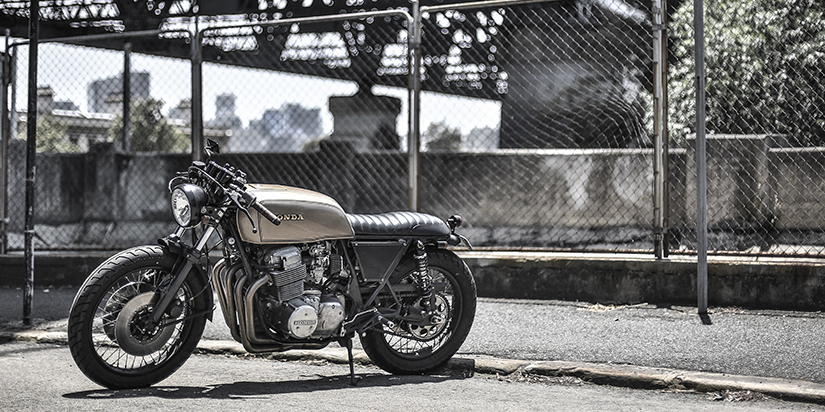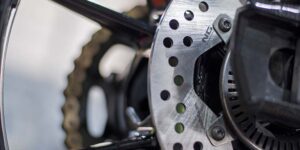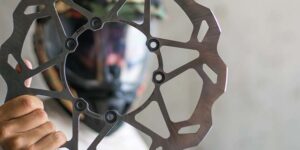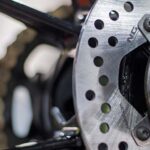In general and preferably, the braking pads are allies, but sometimes the companies are bad. Because of that, facing the headline “Braking pads, allies or enemies of the disc?” everything stands in the criteria and the use we give to this combination.
Let’s start with a bit of didactic about the topic. In the market there usually are 4 kinds of braking pads:
Organic, the ones that have as standard most of the motorbikes. They normally work pretty good if the exigence level is not extremely high. They have better features in low temperatures and they are usually silent, something to be thankful. But their durability is not very high when they are used a lot because they wear and fatigue pretty soon. The versatility of use is their main force.
Semi metallic, maybe the ones with the best use/features relation. The higher the temperature, the better features. They sound a little bit more than the organic, obviously because of the bigger load of metals, and they are a little less trustworthy with low temperature.
Metallic, these pads have a bigger component of materials like brass, bronze or copper, iron and even ceramic powder, which is translated to a bigger hardness and exigence for the braking. They are high featured and you can notice a superior braking quality. The bigger temperature the better response, but as they are more abrasive they release a dust over the tire and the disc that must be cleaned constantly.
Carbon, we don’t refer to the super high features for competing, almost prohibitive at a price level and of a minimum durability, we are referring to the ones that can be mounted in motorbikes of features close to competition or whose users believe that can squeeze them almost to those levels. In fact they are not fully carbon-made, but semi metallic and carbon powder-coated to improve the characteristics in high and low temperature. Really abrasive and highly wearable for the disc.
The main signal of alarm regarding the wearing of the braking pads is when we observe a smooth and shiny surface, not because of an immediate change, but because the efficiency drop is not always gradual, it can be lost very quickly giving some other frights. Never forget that, unless in counted occasions, the braking system depends mostly on the kind of use, riding, tact the rider can transmit.
That’s why we also ask ourselves if they are allies or enemies of the discs. The rider has the final word but your trusted mechanic is also the one who can advice and guide you about the best for your motorbike and consequently for your safety.












